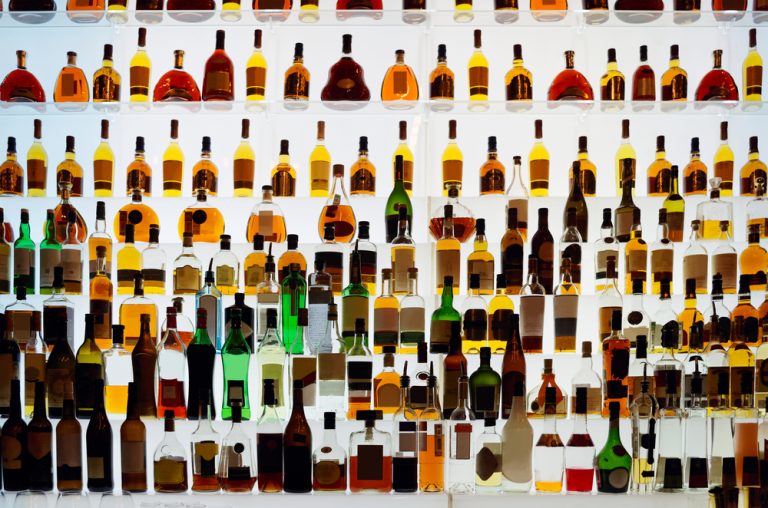Talking with Your Adult Patients about Alcohol, Drug, and or Mental Health Problems SAMHSA Publications and Digital Products
It’s often called high-functioning depression and involves having a low mood for at least 2 years. Sometimes it’s difficult to determine the cause-and-effect dynamic between alcohol and depression. It probably won’t hurt to have a glass of wine or beer once in a while for social reasons unless you have a health problem that prevents you from drinking. But if you turn to alcohol to get you through the day, or if it causes trouble in your relationships, at work, in your social life, or with how you think and feel, you have a more serious problem. There’s also a strong link between serious alcohol use and depression. The question is, does regular drinking lead to depression, or are depressed people more likely to drink too much?
In the DSM-5, AUD requires at least two symptoms, whereas DSM-IV alcohol abuse required only one symptom. Also, from DSM-IV to DSM-5, modifications were made to the symptoms that were included as diagnostic criteria. For example, the criterion of legal problems related to alcohol was removed, and the criterion of alcohol craving was added.
Table of Contents
Major depressive disorder
Two, by treating the depressive disorder, it is easier for the individual to avoid falling into the trap of alcoholism. Alcohol abuse and dependence are both considered an alcohol use disorder, with studies finding that alcohol dependence is more closely tied to the persistence of depressive disorders. Many studies have found that alcohol dependence is closely linked to depression.
- You might notice certain times of the day or being around certain people will make you feel more anxious or more depressed and want to drink more.
- Get professional help from an addiction and mental health counselor from BetterHelp.
- The problem with thinking alcohol can help individuals deal with depression is alcohol is a depressant.
- As with anxiety and mood disorders, it can help for a healthcare professional to create a timeline with the patient to clarify the sequence of the traumatic event(s), the onset of PTSD symptoms, and heavy alcohol use.
When it comes to diagnosing an alcohol use disorder and a major depressive disorder, it’s important to address them simultaneously, as they can significantly impact your recovery. If you or a loved one is struggling with a co-occurring mental health disorder and alcohol addiction, it’s important to remember that you are not alone. Evidence-based https://ecosoberhouse.com/article/alcohol-and-depression-how-alcohol-makes-your-depression-worse/ dual diagnosis treatment can lead to positive health outcomes. Once you’ve decided to seek care, you’ll need to go about finding it. They may be able to help determine one’s medical needs and perhaps refer them to a suitable rehab center. Additionally, one may consider visiting the SAMHSA treatment locator to search for programs by zip code.
Depression Classifications
Simultaneous treatment for alcohol use disorder and a depressive disorder can help you or your loved one take back control of your mental health, physical wellbeing, and overall happiness. We each have unique tolerances, relationships, and reactions to alcohol. If you struggle with other mental health disorders, alcoholism can worsen depression and suicide ideation.
How alcohol consumption hurts mental health and gut health – Deseret News
How alcohol consumption hurts mental health and gut health.
Posted: Sat, 02 Dec 2023 04:20:00 GMT [source]
Crystal Raypole has previously worked as a writer and editor for GoodTherapy. Her fields of interest include Asian languages and literature, Japanese translation, cooking, natural sciences, sex positivity, and mental health. In particular, she’s committed to helping decrease stigma around mental health issues. If you begin to notice any unwanted side effects — physical or emotional — while drinking, it may be best to call it a night. According to the National Institute on Alcohol Abuse and Alcoholism, moderate drinking means one drink per day for women and two drinks per day for men.
Alcohol may cause or worsen depression
This is consistent with my team’s research indicating that rates of prescription opioid misuse fell from 2015 to 2019 in both adolescents and young adults. It also squares with other data that shows deaths from heroin-involved https://ecosoberhouse.com/ overdoses have declined in recent years. These differences mean that the groups considered to be at high risk and the strategies needed to prevent overdoses in adolescents should not be the same as for adults.

MagicByte Solutions work-round the clock to get the client’s brand recognized on a global front. We channelize the digital efforts of brands to boost relevant traffic and to increase the visibility of the business on top search engines like Google and Bing. Our spectrum of digital marketing services helps the company to reach the right hands and new heights.